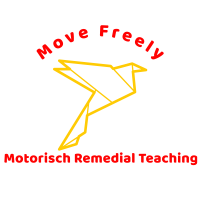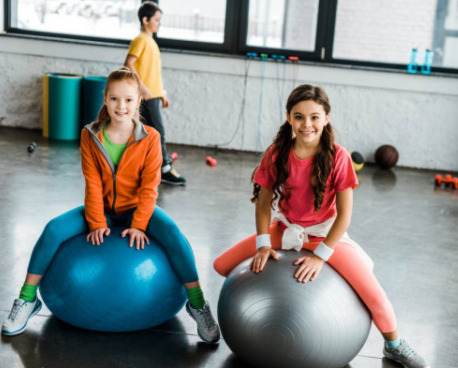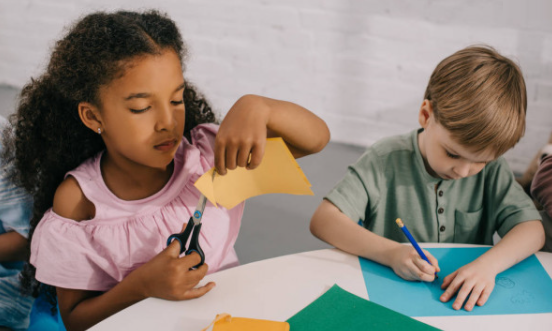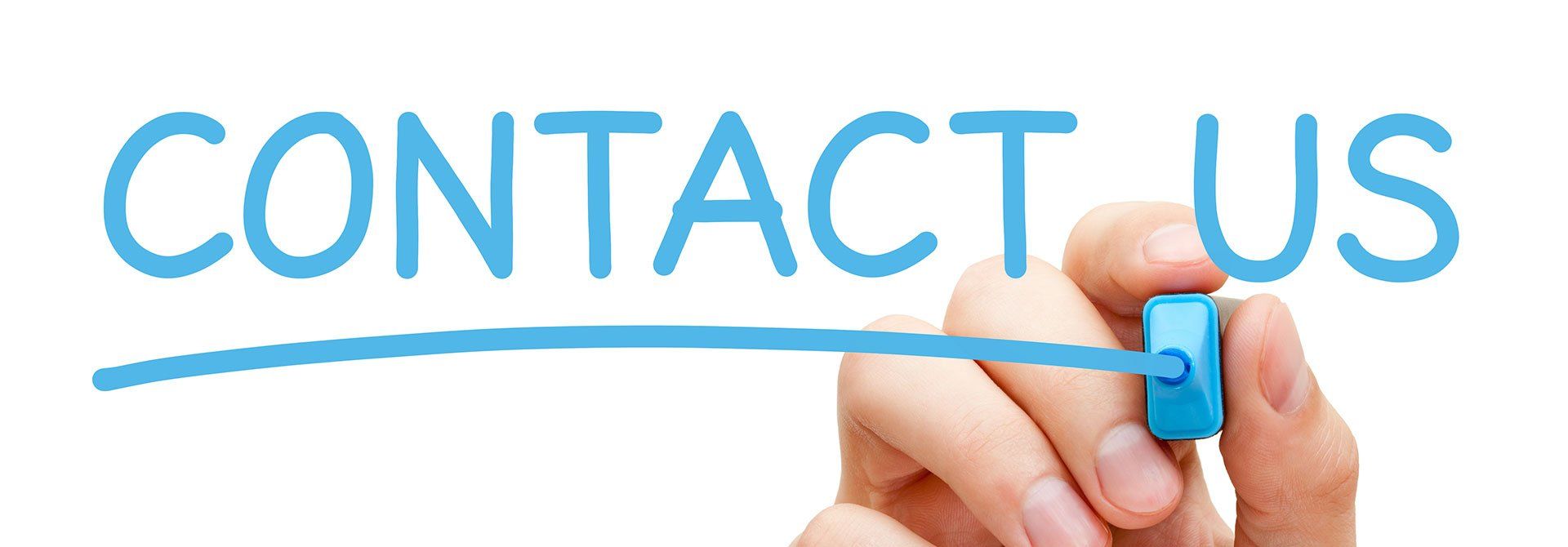
Welcome to Move Freely MRT
What does a Motor Remedial Teacher do?
Motor remedial teaching (MRT) is intended for children with a motor and/or behavioral lag that is not on par with their peers, which means that they may have difficulty moving and or do not enjoy sports activities at school or at the sports clubs. Motor skills are stimulated and improved through playful manners. Because I work with the children in a playful way, the motor skills are indirectly stimulated, so that the children get a much better learning effect and therefore acquire the skills faster.
Possible indications that your child needs motor remedial teaching support:
- Does your child find it difficult to participate in PE lessons?
- Does your child not dare to play on the schoolyard or outside?
- Is your child insecure about the way he or she moves?
- Does your child have a fear of heights, falling, rolling over or playing with other children?
- Does your child move clumsily or are the movements wooden?
- Does your child often drop or knock over objects?
- Does your child have unreadable handwriting?
Who am I?
My name is Jonathan Zammit and I was born in 1993 in Middlesbrough (GB). I have lived in the Netherlands since I was 6 years old. In my spare time I can often be found in the climbing hall or at my archery club.
From an early age I have had a passion for sports/exercise and everything around it. From having practiced sprint at top sport level to coaching students during PE lessons.
I remain fascinated by how students can be stimulated in different ways to learn new movements and skills. I see this regularly during my lessons as a Motor Remedial Teacher and during training sessions that I provide as a Personal Trainer to various (top) athletes.
I think the most important thing is that a chiled experiences pleasure while exercising. If they moves with pleasure and purposefully, the progression and results will come naturally.
MRT Approach
Having fun while exercising is the most important thing for me. A child who moves with pleasure and confidence is more likely to repeat this in the future. Because I work with the children in a playful way, the motor skills are indirectly stimulated, so that children get a better learning effect and therefore acquire the skills faster.
Intake
After the first telephone or e-mail contact, we will make an appointment for an introductory meeting. This can be at your home or at your child's school. Prior to this meeting, I would like to receive a filled in intake questionnaire for parents and, if necessary, an additional questionnaire for teachers.
Research
If no didactic research has already taken place, I will conduct this myself to get a better picture of the child and to wright up a suitable therapy plan and goals.
Therapy trajectory
A therapy trajectory consists on average of 13 weeks, of which 3 measuring moments and 10 lessons aimed at improving the motor skills that your child has difficulty with. Lessons take place at or around your home, so that your child is in a familiar and safe environment for him.
In addition to the exercises I do in practice, your child will also receive exercises to take home to practice there.
Motor Skills
A motor skill is a learned ability to cause a predetermined movement outcome with maximum certainty.
The goal of MRT is to optimize the ability to perform the skill at the rate of success.
Continuous practice of a specific motor skill will result in a greatly improved performance,
When we talk about motor skills we split them into 2 groups: Gross and Fine motor skills.
Fine Motor Skills
Fine motor skills requires the use of smaller muscle groups to perform smaller movements with the wrists, hands, fingers, feet and toes. Playing the piano, writing and cutting are some examples of tasks that require good fine motor skills.
Gross Motor Skills
Gross motor Skills require the use of large muscle groups to perform tasks like walking, balancing, and crawling. The skill required is not extensive and therefore are usually associated with continuous tasks. Much of the development of these skills occurs during early childhood.
Prices
Start Research € 125,-
Extensive motor examination (OMT or OSMT)
Processing of data (OMT/OSMT, parent-child-teacher forms)
Draw up an therapy plan
Advice meeting parents
MRT Therapy 1 on 1
10 lessons of 45 minutes €500,-
Single lessons €60,-
Test moments €75,-
Half way test
Final testing
Processing
Conversation with parents
Report
Visit to school (optional) €125,-
Observation during gym class plus advice
MRT package €750,-
Start research,
Between and final meeting,
Therapy plan,
12 lessons,
Report
Gym observation
School Prices
In consultation with the school






